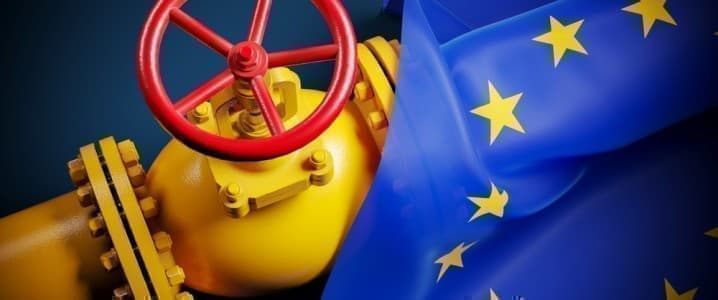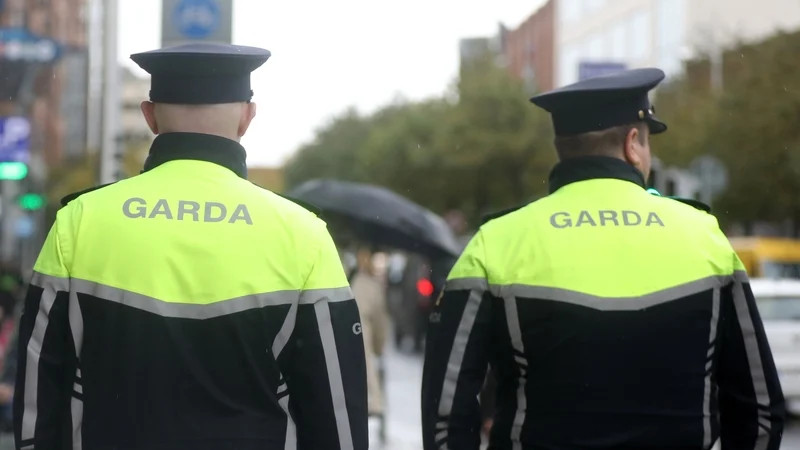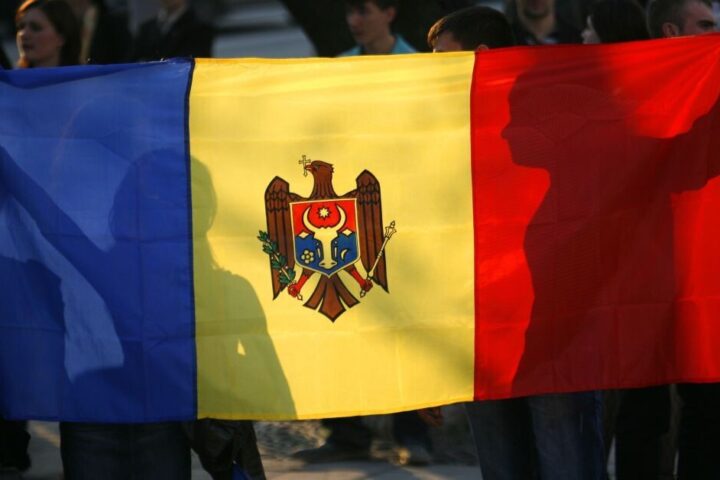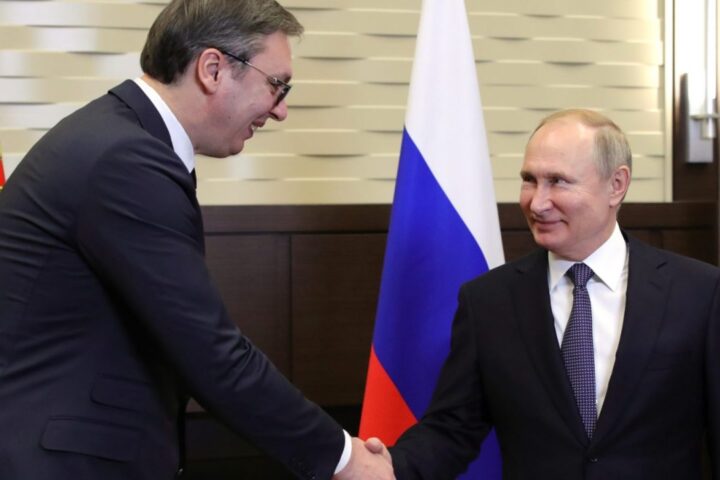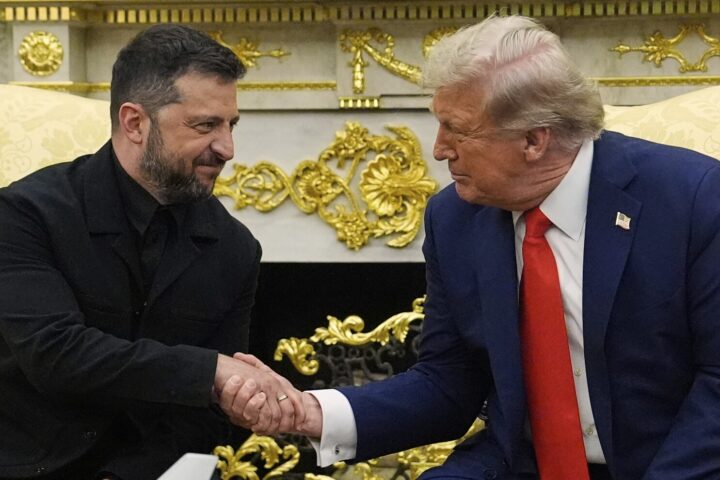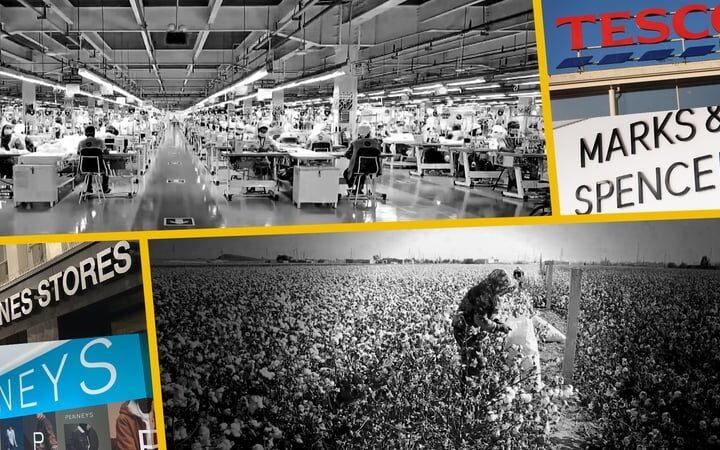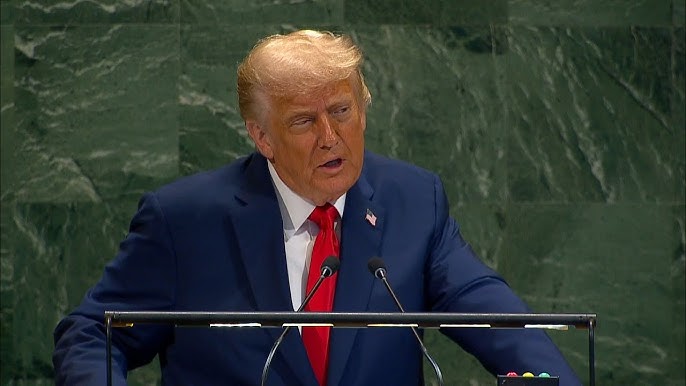Eight European Union member states continue to import Russian gas despite ongoing sanctions, according to Anna-Kaisa Itkonen, the European Commission’s energy spokesperson. The countries listed are Belgium, France, Greece, Hungary, the Netherlands, Portugal, Slovakia and Spain. Imports continue either through pipelines or as liquefied natural gas (LNG). Itkonen noted that the EU has no data on the final use of this gas once it enters the market.
Transatlantic pressure over energy imports
The persistence of Russian gas imports comes amid growing frustration from U.S. President Donald Trump, who has repeatedly pressed EU and NATO partners to end all purchases of Russian energy. On September 13, Trump demanded that allies completely ban Russian oil imports and impose tariffs of 50–100% on goods from China and India. Two days later, he described EU sanctions on Moscow as insufficient, urging tougher measures to cut off revenue streams that finance Russia’s war against Ukraine.
New sanctions on Russian LNG
On September 19, the European Commission adopted its 19th sanctions package, which includes a proposal to ban Russian LNG imports by January 1, 2027 — a year earlier than previously planned. This follows earlier measures: in June 2023, the EU introduced its 14th sanctions package, which barred the use of EU ports for the transshipment of Russian LNG to third countries. Despite these restrictions, EU countries purchased a record 22 billion cubic meters of Russian LNG in 2024, up 19% from the previous year. Belgium, France and Spain remain the largest buyers.
Economic benefits versus political costs
For some EU states, maintaining access to cheaper Russian gas helps reduce production costs and keep their industries competitive against U.S. and Chinese manufacturers. However, analysts warn that these short-term gains come at a political cost, reinforcing Moscow’s leverage over Europe and sustaining the Kremlin’s ability to finance its war. In 2024, Russian pipeline gas exports to the EU stood at 32.1 billion cubic meters, but current flows have dropped to around 16 billion cubic meters — only 10% of pre-war peak levels. At the same time, Russia’s share of Europe’s LNG market exceeded 20% last year, largely supplied by Novatek.
Calls for stronger restrictions
EU officials and energy experts argue that cutting off Russian gas entirely — including LNG — is vital to Europe’s strategic interests. Phasing out imports would reduce vulnerability to political pressure and accelerate the development of renewable energy and diversified supply infrastructure. Some member states, such as Hungary and Slovakia, remain reluctant, citing domestic needs for affordable energy. Both Prime Minister Viktor Orbán and Slovak leader Robert Fico continue to back gas transit through Ukraine, but observers note their stance could shift under U.S. pressure, particularly as Washington seeks to expand LNG exports to Europe.
